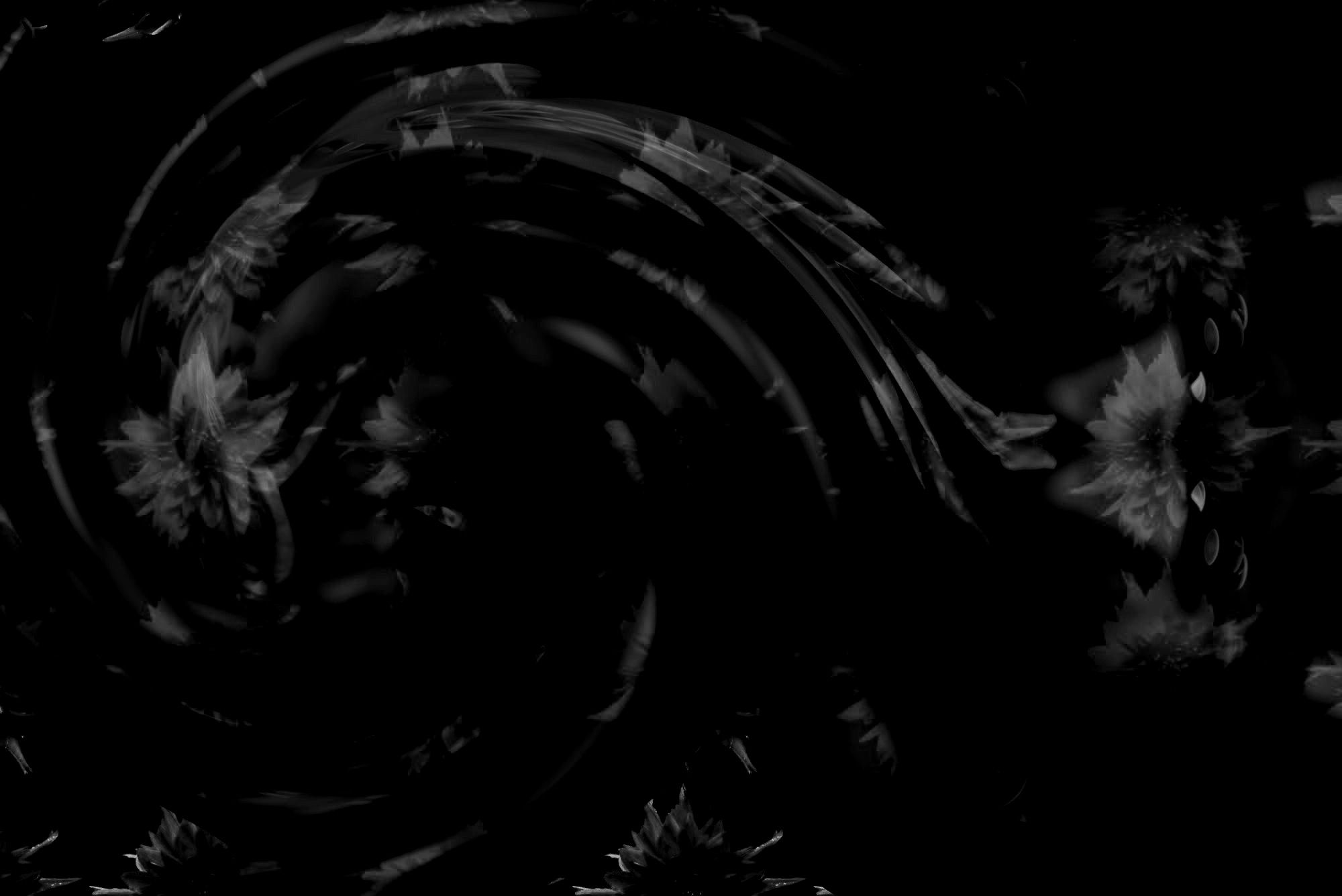Qi [氣], most commonly translated as Energy, is among the three treasures known in CCM.
Qi is a fundamental concept in traditional Chinese culture and medicine, often defined as the vital life force or energy that flows through all living beings. In the context of health, it's believed to circulate through the pathways known as meridians, which are essential for maintaining bodily functions and well-being. Qi's imbalances are thought to lead to illness, and thus, the harmonizing of Qi is a primary aim of practices like acupuncture and Qigong. This energy is not just limited to the body but is also considered to interact with the environment and the universe at large, reflecting the deep interconnection between individuals and the cosmos in Chinese philosophy. In a broader sense, Qi is considered the active principle forming part of any living entity.

Theoretical Foundation
Exploring types and movements of Qi
Imagine a force that flows through every part of your body, a river of energy that dictates your health, emotions, and overall well-being. This is Qi, the vital life force that must remain in balance for optimal health.
When Qi flows smoothly and harmoniously, it's like a well-tuned orchestra within your body—every organ plays its part perfectly, and your body's natural healing abilities are at their peak, maintaining a state of equilibrium known as homeostasis. Each organ has its own specific Qi, and health is dependent on both the quality and the balance of this Qi. But what happens when Qi gets blocked or depleted? Just as a river can become stagnant or run dry, so too can Qi, leading to illness and discomfort. Blockages or stagnation can cause pain and dysfunction, leading eventually to illness. A deficiency of Qi results in a lack of energy, leaving you feeling perpetually tired, while an imbalance might show up as a more serious ailment, throwing your body's harmony into disarray.

